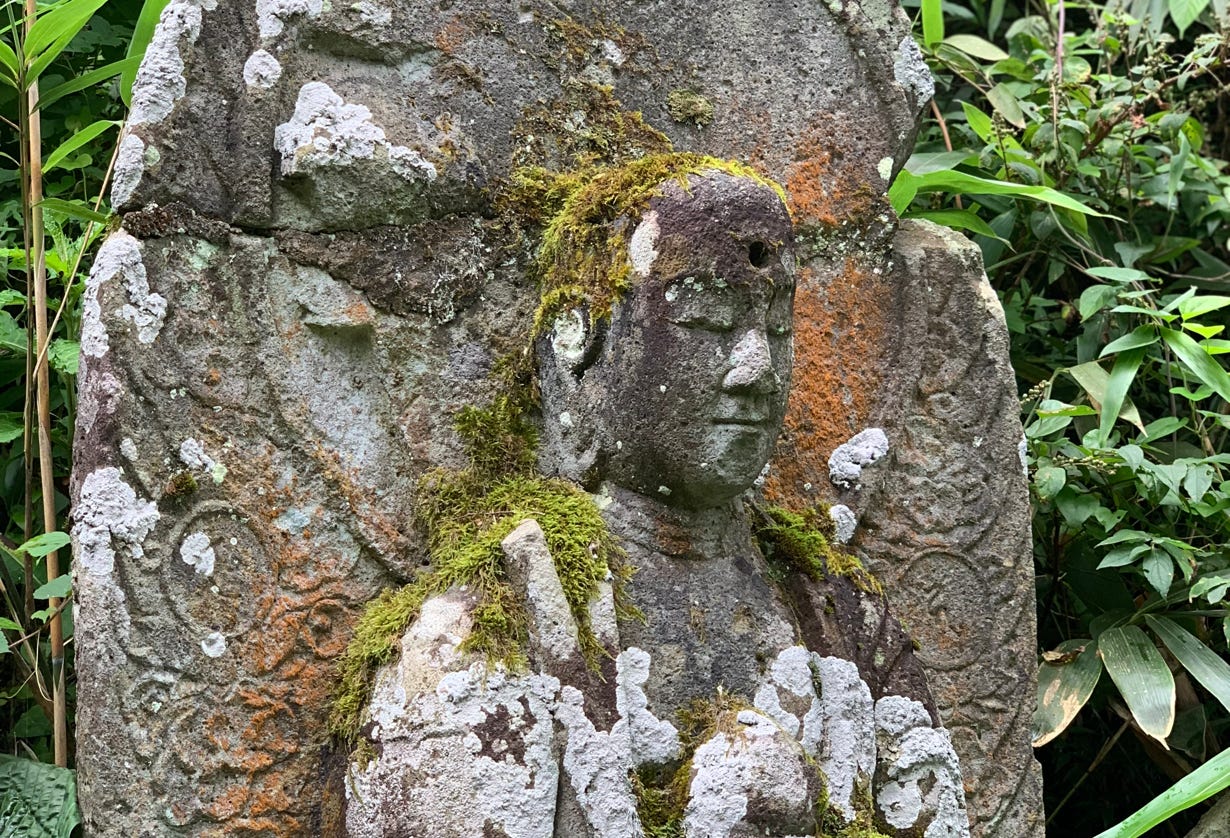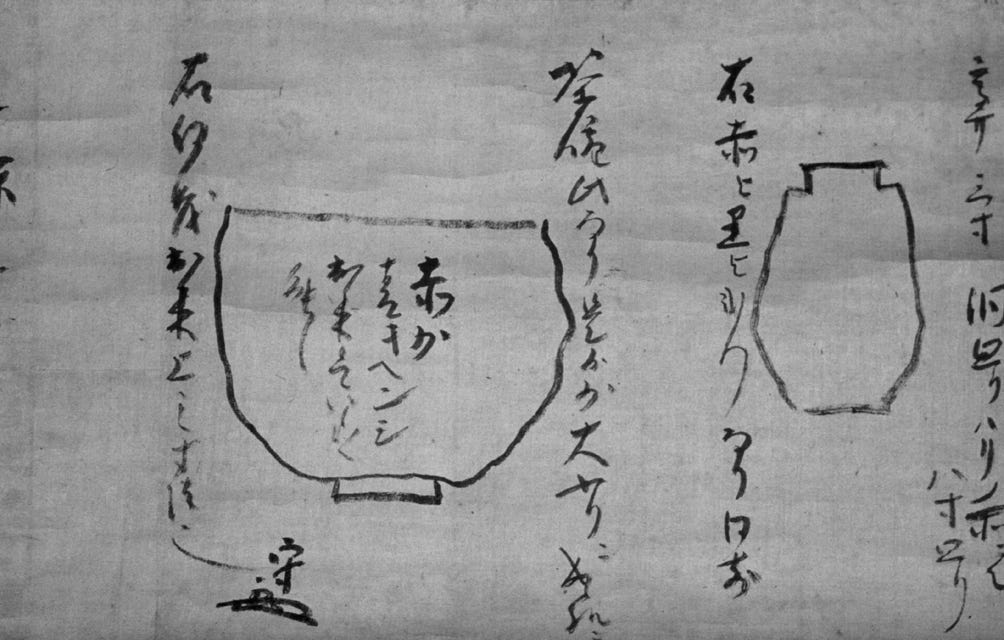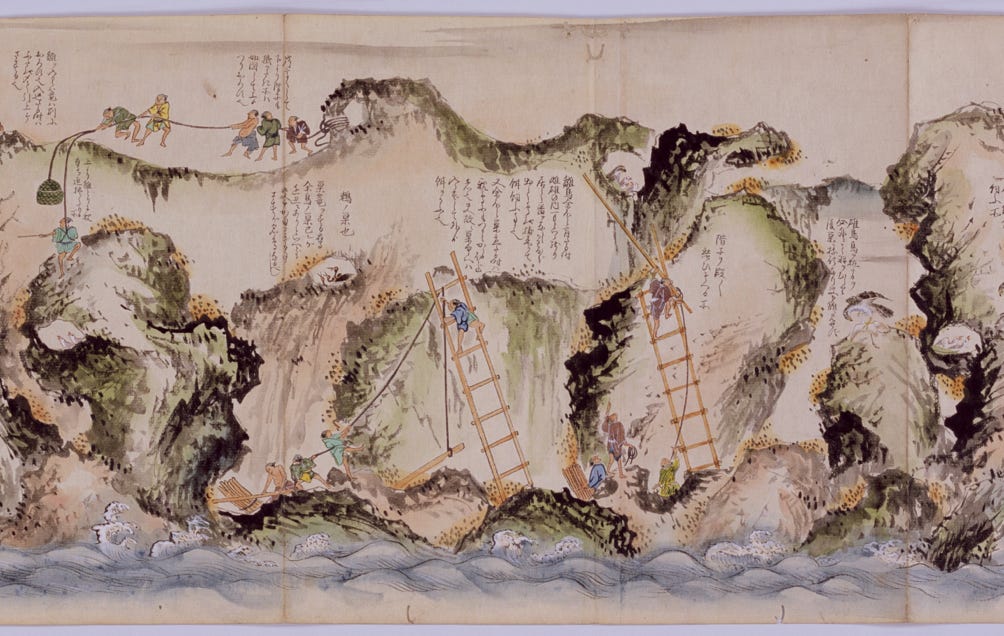Pitelka’s newest book is Reading Medieval Ruins: Urban Life and Destruction in Sixteenth-Century Japan (Cambridge University Press, 2022). Prior to this, he has published six books: Japanese Tea Culture: Art, History, and Practice (2003), Handmade Culture: Raku Potters, Patrons, and Tea Practitioners in Japan (2005), What’s the Use of Art? Asian Visual and Material Culture in Context (2007, with Jan Mrazek), Spectacular Accumulation: Material Culture, Tokugawa Ieyasu, and Samurai Sociability (2016; Winner of the 2016 Book Prize from the Southeastern Conference of the Association of Asian Studies), Kyoto Visual Culture in the Early Edo and Meiji Periods: The Arts of Reinvention (2016, with Alice Tseng), and Letters from Japan’s Sixteenth and Seventeenth Centuries: The Correspondence of Warlords, Tea Masters, Zen Priests, and Aristocrats (2021, with Reiko Tanimura and Takashi Masuda). He also edited the four volumes of Japanese Art: Critical and Primary Sources—Material Cultures; Visual Cultures; Printed Matter; and Sites and Patrons, Knowledge and Power (2018). He serves as the coeditor of the Journal of Japanese Studies.
He has received a range of support for his research, including a Watson Fellowship, funding from the Ford Foundation and the Smithsonian, a Fulbright-IIE Fellowship, a Sainsbury Postdoctoral Fellowship, an NEH Fellowship, a National Humanities Center Fellowship, and a Faculty Fellowship from the Institute for the Arts and Humanities. He serves on the American Advisory Committee of the Japan Foundation and the advisory boards of several nonprofit and educational organizations.


